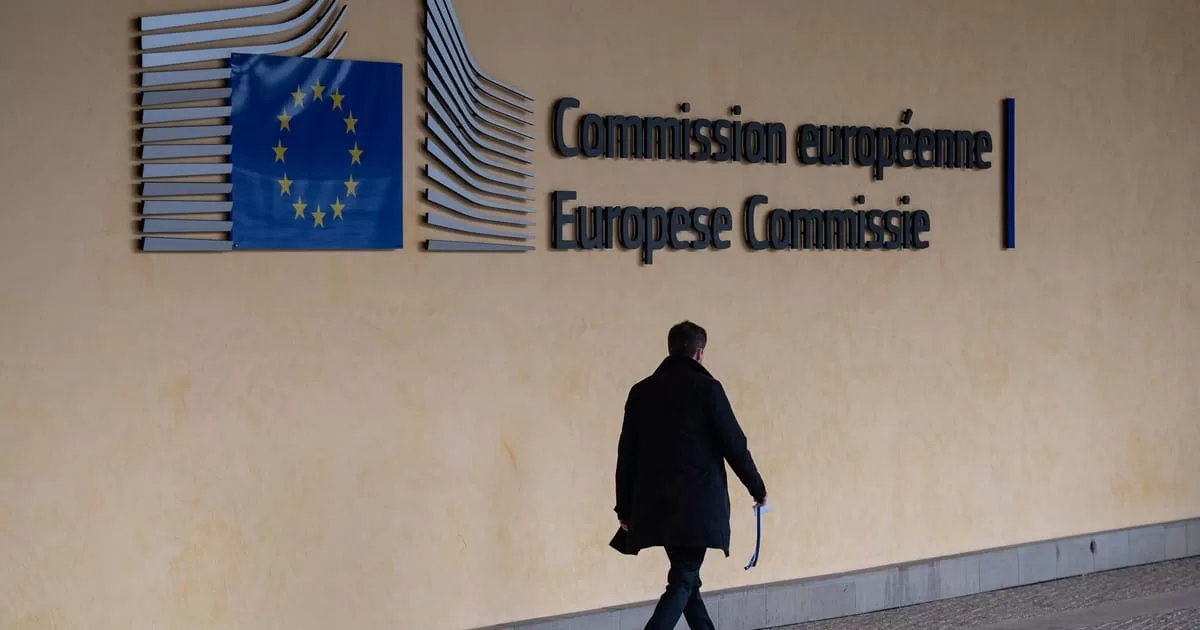BRUSSELS — The European Commission will call upon EU capitals to be on guard against meddling in their homegrown research from strategic adversaries in the quest for key technologies.
As part of a wider package addressing the risks from the geopolitical fight between the United States and China, the EU’s executive is set to unveil a set of recommendations for EU states on Wednesday to tackle foreign interference in research and innovation.
Brussels also wants to set up a new center dedicated to keeping European research secure. Although the language of Europe’s economic security strategy is at pains not to sound like it is specifically about China, Beijing has an outsize role in EU fears about research falling into the wrong hands, particularly in terms of dual-use technologies that can be used in military applications.
The unwanted transfers or leakage of knowledge and technology are “emerging risks,” and the EU “cannot afford any longer to be naive” about them, the bloc’s innovation chief Iliana Ivanova told POLITICO last week.
With the proposal, the European Commission walks a tightrope since EU countries have the main competence over research, education and national security, and their universities and research centers heavily value their academic freedom, which allows them to work with whomever they want.
Still, the Commission will urge EU members not to be blind to the risks that come with international research collaboration, according to an undated draft of the upcoming plan, seen by POLITICO.
The executive recommends that members create a support structure “to help research and innovators deal with risks related to international cooperation in research and innovation.”
They should also engage with research funding organizations and universities to ensure that projects that raise concerns (“red flag” projects) have risk appraisals in place, to manage the risks.
The EU’s executive also wants to centralize some of the risk management at the European level, by establishing a European expertise center on research security. It will link that up with a Commission platform to tackle foreign interference in the research and innovation sphere.
Wednesday’s package will not only focus on protecting research but also on promoting new types of research.
Apart from the recommendations on research security, the European Commission is also set to unveil a strategy paper to promote dual-use research (which can suit both civil and military applications, such as drones or exoskeletons).
One of the options is to open up the bloc’s flagship R&D program, Horizon Europe, which is currently focused on civil applications, for these technologies.
Koen Verhelst contributed reporting.
This article has been updated.
